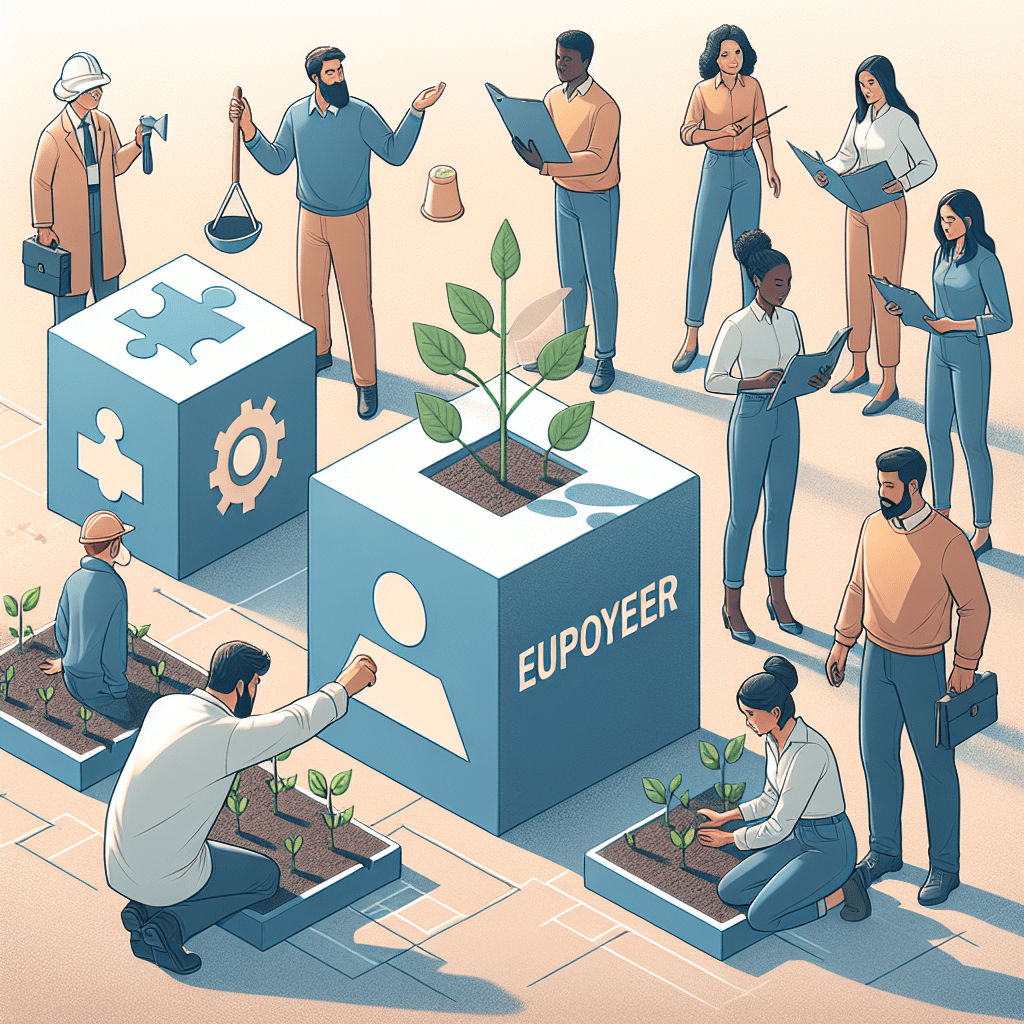
Rethinking Tax Solutions for the Skills Crisis

Raising Taxes Won’t Solve Our Skills Crisis
Have you ever noticed how easy it is to point the finger when economic challenges arise? Just like a good chat over coffee, it often comes down to who owes what, rather than looking for real solutions. The latest buzz about raising taxes to fund yet another financial levy has got me concerned. In fact, it could cost our beloved NHS a staggering £140 million a year. For what? To add yet another financial burden on the very businesses we rely on to drive innovation and growth? I say it’s time we rethink this strategy.
The Apprenticeship Levy Misstep
Let’s talk about the Apprenticeship Levy. The idea that companies with as few as 20 employees should contribute to this levy is baffling. It’s a shortsighted move that doesn’t account for the current struggles faced by small businesses. Many of them are trying to keep their heads above water, and piling on more financial strains is hardly the answer.
The Labour Party seems to believe that taxes are the universal remedy for our economic woes, but we clearly need a smarter approach. Increasing taxes is like putting a plaster on a festering wound; it doesn’t really treat the problem. We should be fostering an environment where businesses can thrive and innovate rather than tightening the financial screws.
What’s the Real Solution?
So, what should we be doing to really tackle the skills crisis? I believe it’s time for us to share a few constructive suggestions that could truly make a difference. Here’s my take:
- Cut employer funding pots back to 50% of their contributions instead of the current 110%. This is a more sustainable model that won’t overburden businesses.
- Abolish the 5% co-investment requirement for small and medium-sized enterprises (SMEs). This would eliminate a significant barrier for SMEs wishing to invest in apprenticeships.
- Increase the funding band for 16-18 year-old apprentices by 50%. A little extra support can unleash the potential of our youth and drive fresh talent into the workforce.
Unlocking Opportunities
Now, picture this: If we implement these changes, not only will we ease the financial pressure on businesses, but we’ll also encourage more SMEs to invest in apprenticeship training. This isn’t just about numbers; it’s about real people. It’s about giving our youth a chance at meaningful careers and driving forward the innovation we so desperately need as a nation.
Isn’t that the outcome we should be striving for? One that empowers both our workforce and our businesses? When we support the next generation instead of taxing them, we foster an environment ready to tackle the challenges of tomorrow.
The Human Side of Economic Change
Let me share a personal insight. I remember my first job back in the day; it was an apprenticeship that changed my life. Without that opportunity, I can’t imagine where I would be now. Every young person deserves that chance to kickstart their career. We need to think back to our own beginnings and ask ourselves how we can make it easier for the next generation.
Final Thoughts
Raising taxes isn’t the answer to our skills crisis. Instead, let’s focus on genuine solutions that empower both businesses and individuals. By fostering an environment that promotes skills development through thoughtful funding, we can unlock a wealth of opportunities. After all, our youth are our future, and investing in them is investing in a brighter tomorrow.
What do you think? Are there other measures you believe we should consider to solve our skills crisis? Let’s chat about it.



